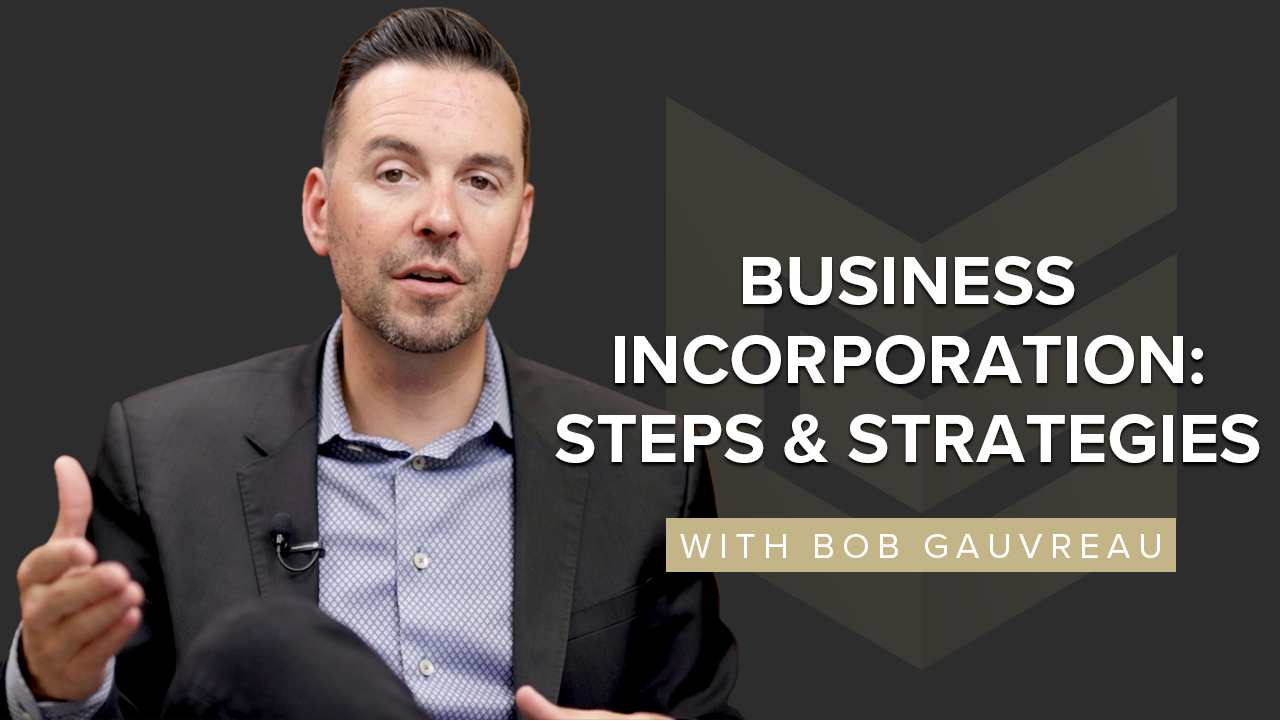The Basics of Incorporation in Canada
Incorporation, a term that often surfaces in the realm of business, carries with it a weight of significance, particularly in Canada. It represents a pivotal transition from a simple business entity to a legally recognized corporation. But what exactly does this entail for Canadian entrepreneurs and small business owners?
Defining Incorporation
At its core, incorporation is the process of legally declaring a corporate entity as separate from its owners. This transformation bestows upon the business a distinct legal identity, akin to an individual. This means it can own property, incur debts, enter contracts, and be held legally responsible independently of its owners.
Legal and Financial Distinctions
- Separate Entity: The corporation becomes an entity that can act, be taxed, and be held accountable separately from those who own it.
- Asset Protection: One of the most compelling reasons to incorporate is asset protection. The separation between personal and corporate assets means that in cases of debt or legal action, the personal assets of the shareholders (owners) are generally protected.
- Taxation: Corporations in Canada enjoy distinct tax advantages. The corporate tax rate is generally lower than personal income tax rates, offering potential savings and growth opportunities for businesses.
Implications for Business Operations
Incorporation brings about a shift in how a business operates. It requires adherence to specific regulatory and reporting requirements, distinct from those of a sole proprietorship or partnership. This includes annual filings, corporate tax returns, and other legal obligations.
Incorporating a business in Canada is not just a formal procedure; it's a strategic decision with profound implications for liability, taxation, and the overall management of the business.
Comparing Business Structures in Canada - Liability and Tax Implications
Choosing the right structure for your business is crucial, especially when considering liability and tax implications. In Canada, the main business structures are sole proprietorships, partnerships, and corporations, each with its unique features and consequences.
Sole Proprietorships
- Personal Liability: The simplest form of business structure, where the owner is the business. This means unlimited personal liability, as there's no legal distinction between personal and business assets.
- Taxation: Income is reported on the owner’s personal tax return, subject to personal income tax rates.
Partnerships
- Shared Liability: In partnerships, two or more people share ownership. Each partner is personally liable for the debts and obligations of the business.
- Tax Reporting: Profits or losses are passed through to partners and reported on their personal tax returns.
Corporations
- Limited Liability: Offers the most protection. Shareholders (owners) are not personally liable for corporate debts. Liability is generally limited to the amount they invested.
- Corporate Tax Rate: Corporations enjoy lower tax rates compared to personal rates. In Canada, this can be significantly advantageous, especially for small businesses.
Key Takeaways
- Risk Exposure: Sole proprietorships and partnerships expose owners to greater personal financial risk compared to corporations.
- Tax Benefits: Corporations benefit from lower tax rates, offering potential savings and aiding in faster business growth.
Dispelling Common Misconceptions About Incorporation
Incorporation, while offering numerous benefits, is often shrouded in misconceptions. It's crucial for Canadian entrepreneurs and small business owners to separate fact from fiction to make informed decisions. Let’s address and clarify some of these common misconceptions.
Overestimation of Paperwork
- Myth: Incorporation involves overwhelming paperwork and administration.
- Reality: While there is additional paperwork, it is manageable, especially with professional assistance. Proper planning and organization can streamline the process.
Misunderstanding of Tax Benefits
- Myth: All businesses benefit equally from the lower tax rates available to corporations.
- Reality: Tax advantages depend on various factors, including business income and expenses. Not every business will benefit in the same way from incorporation.
Limited Liability Misconceptions
- Myth: Incorporation provides absolute protection of personal assets.
- Reality: While it offers significant protection, there are exceptions. Personal guarantees for business debts, acts of negligence, or fraud can still expose owners to personal liability.
Perceived Complexity
- Myth: Maintaining a corporation is excessively complex.
- Reality: With the right guidance and systems in place, maintaining a corporation is less daunting than perceived. Many businesses find the benefits far outweigh the administrative responsibilities.
Understanding these aspects of incorporation ensures that entrepreneurs can make decisions based on accurate information, rather than misconceptions.
The journey of understanding incorporation is more than just learning about a business structure. It’s about recognizing a pathway that leads to growth, security, and prosperity for entrepreneurs and small business owners in Canada.
A Strategic Business Decision
Incorporation is a strategic decision that provides numerous benefits, from asset protection to tax advantages. It’s an essential consideration for those seeking to minimize personal liability and maximize their business’s potential.
Understanding Leads to Empowerment
By dispelling common misconceptions, entrepreneurs can make informed decisions about whether incorporation aligns with their business goals. Knowledge in this area empowers business owners to navigate the complexities of the corporate world with confidence.
While the journey to incorporation is filled with potential, it is also nuanced and can be complex. This is where the expertise of professionals in legal and tax matters becomes invaluable. Seeking advice from experts like the team at Gauvreau, can ensure that your incorporation process is not only smooth but also tailored to your unique business needs.
Incorporation is more than just a legal process; it's a commitment to the future of your business. It’s about laying a foundation that supports growth, mitigates risks, and secures a legacy.
For more insights and personalized guidance on incorporation, reach out to our team of legal and tax professionals. We are here to support you in taking this significant step towards business success and stability.

 Gauvreau Accounting Tax Law Advisory
Jan 25, 2024
Gauvreau Accounting Tax Law Advisory
Jan 25, 2024


